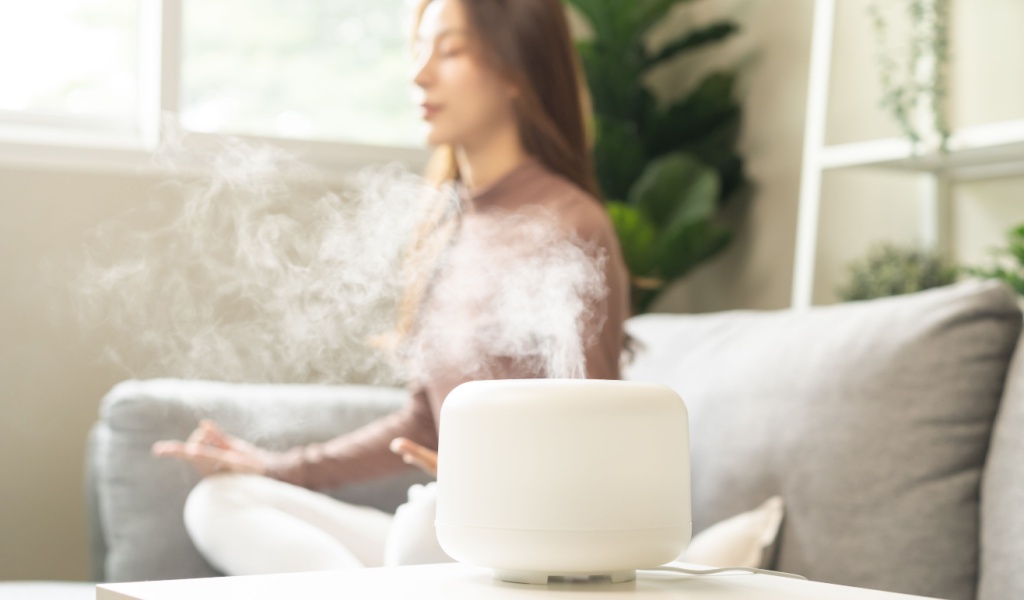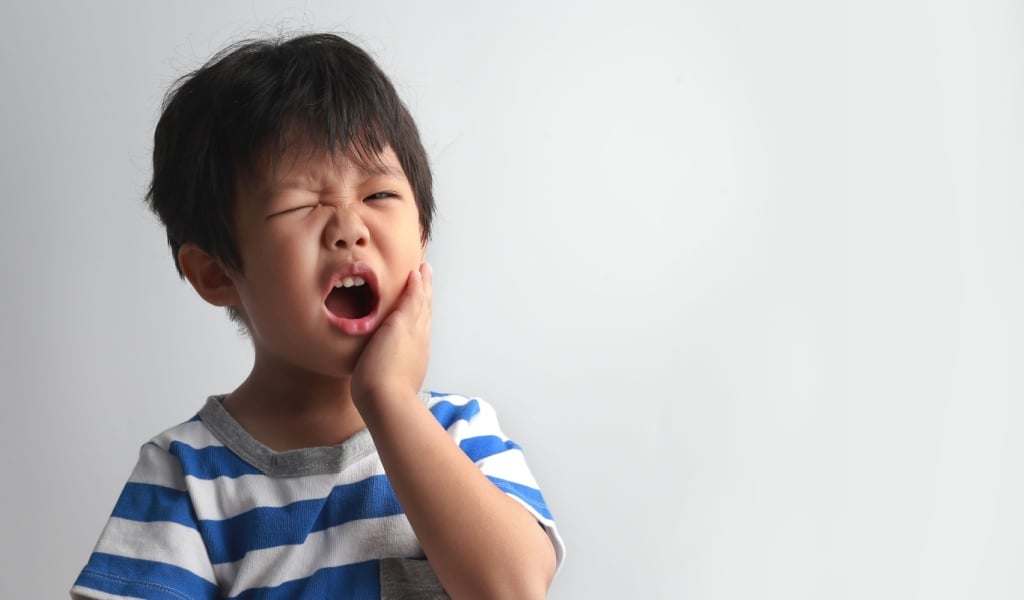Mental health problems are becoming more and more common, particularly in the US. The state of one’s mental well-being can be so bad that professional help would be required to overcome it. Traditionally, doctors treat mental health issues like anxiety, post-traumatic stress disorder, and depression with a combination of medication and psychotherapy. However, these treatments might not always work. In this case, it might be a good time to try alternative therapies beyond standard approaches.
It’s important to note that experts have yet to agree on the effectiveness of alternative therapy in treating mental health issues. Still, many patients swear by how helpful it has been in helping them overcome their struggles. However, you should check with your doctor to ensure that such approaches suit your condition, and alternative therapies should not replace treatment based on advice from medical professionals, but act as an aid to them.

What Are Alternate Therapies?
This is a health treatment that is not classified as standard Western health and treatment practices. It includes a variety of disciplines that consider one’s diet and exercise, lifestyle, and mental conditioning.
In this article, we take a quick look at some of the most popular alternative therapies for mental health issues.
Yoga
Yoga is a mental, physical, and spiritual practice that originated in ancient India. It consists of a series of fluid physical poses and movements. It is more of an exercise of the mind than the body, which is why doctors generally recommend it for patients with schizophrenia, post-traumatic stress disorder, depression, and ADHD.
Some key benefits of yoga include:
- Lowers stress
- Better flexibility
- Increased balance
- Enhanced immunity
- Better quality of life
Acupuncture
Acupuncture is a treatment that involves inserting fine needles into certain parts of the body. This practice is said to stimulate the nerves and muscles to release natural pain-relieving chemicals. Often used in relieving chronic pain, acupuncture can also be effective for people struggling with anxiety, depression, and sleep problems.
Acupuncture is safe; most people will only experience mild pain when the needles puncture the skin. Nevertheless, it is crucial to consult your doctor before you decide on getting acupuncture because if you are taking certain medications or have health issues that impact blood clotting, it can be problematic.
Cranial Electrotherapy Stimulation (CES)
CES is a procedure that uses a small electrical device to stimulate the brain. A current below four milliamps is used, which a person cannot feel. The FDA recognized CES as a class III device people use to treat anxiety, depression, and sleep problems. However, how it works on the body is not completely clear, although some experts say that the electrical current increases endorphins, neurotransmitters, dopamine, and serotonin that help to stabilize emotions.
Pregnant women and people who have bipolar disorders should be wary of using CES as it can aggravate their condition.
Aromatherapy
Aromatherapy uses essential oils, those extracted from plants, to facilitate healing and relaxation. It is generally combined with other treatments like massage therapy. Various essential oils offer different experiences and results. Lavender oil, for instance, is favored for its relaxation properties.
Aromatherapy is a subtle experience, so it’s unlikely to treat mental health issues on its own. However, aromatherapy can help manage symptoms along with other treatments.

Hypnotherapy
Hypnotherapy is a highly effective treatment option where the patient is put into a deeply relaxed state by a hypnotherapist. There are many ways to be hypnotized, but it’s essential that your therapist only uses methods that you’re comfortable with.
People who have post-traumatic stress disorder, OCD, anger issues, addictions, phobias, anxiety, and stress find that hypnotherapy is useful in managing symptoms. In fact, through hypnosis, the hypnotherapist can help you change unwanted behaviors and thoughts by supporting you in increasing self-awareness.
It should be noted that hypnotherapy is not suitable for people who have psychosis or personality disorders as it can potentially aggravate symptoms. This is why it’s crucial to undergo hypnotherapy only under a licensed medical professional who has a thorough understanding of your mental health history.
Spiritual And Religious Healing
Here, we refer to practices that use religious connections to treat mental health conditions, including prayers, rituals, or the use of religious objects. If the person leading the spiritual healing session has a good grasp of mental health issues and the patient is also using it along with other treatments, spiritual healing can be helpful.
However, in some cases, it can worsen mental health conditions, particularly if the patient has experienced any religious-based trauma or suffers from psychosis or schizophrenia!
Animal Therapy
Research suggests that animal-assisted therapy can help people deal with mental health problems. It can even reduce psychiatric and emotional symptoms such as depression and anxiety. Some examples of this treatment include equine-assisted psychotherapy, a horse-based therapy, which is aimed at helping people improve their emotions by teaching them to care for and ride horses.
Animal therapy treatments teach patients to harness the natural sensitivities of the creature. They encourage maintaining self-awareness and using the animal’s behavior for feedback, which fosters a connection that is based on mutual understanding.
Final Thoughts
While alternative therapies are certainly making waves in the health sector and are picking up in popularity in the mental health community, mental health professionals are yet to agree on their effectiveness. In fact, evidence for most alternative treatments is preliminary, at best, and it’s difficult to predict a prognosis. When you decide to use alternative therapies to deal with mental health issues, part of this journey includes experimenting with different techniques to identify what works and doesn’t work for you!
Alternative therapies have worked for many, helping them feel more relaxed, with symptoms of depression and anxiety gradually easing. For some, it has not made a difference; for others, it has only worsened their condition. Therefore, it’s imperative to stay in touch with your healthcare provider if you plan on using any of the therapies mentioned above and discuss if they are suitable options for you. Remember, these treatments should not be used as a replacement for evidence-based therapies or medications that a doctor prescribes!



